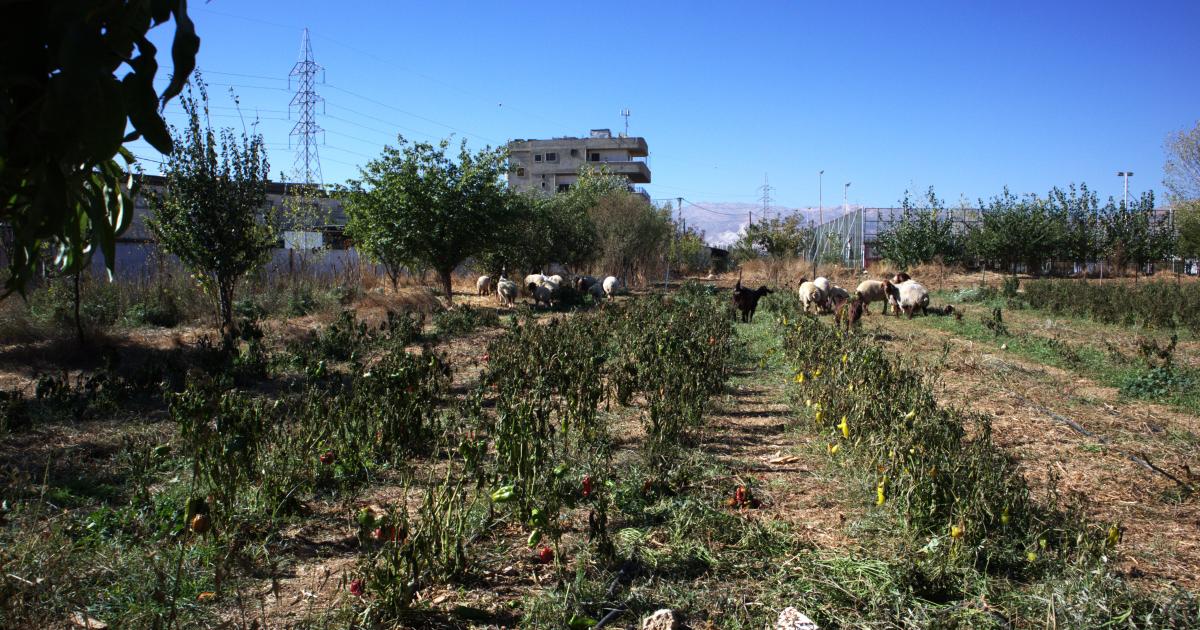Relentless Israeli bombardments have devastated Lebanon for over a year, killing more than 4,000 people. These attacks also inflict lasting damage on nature and farmland.
These attacks, deemed war crimes by international NGOs, have also destroyed 1,900 hectares of farmland and rendered another 1,200 hectares abandoned.
Lebanon has lost 47,000 olive trees, thousands of animals in livestock, and 1,200 hectares of forest. “Olive trees have always been targeted because they are deeply tied to the land and its people,” says Nagham Khalil, a communications officer at Jibal, an NGO researching agroecology and supporting farmers. “Destroying them erases history.”
The war’s environmental toll is immense. The fuses of the bombs contain heavy metals, and some scientists suspect that bunker-buster munitions could have a penetrator head made from tungsten or depleted uranium. Further investigations are needed to know the exact extent of this war’s environmental impact.


